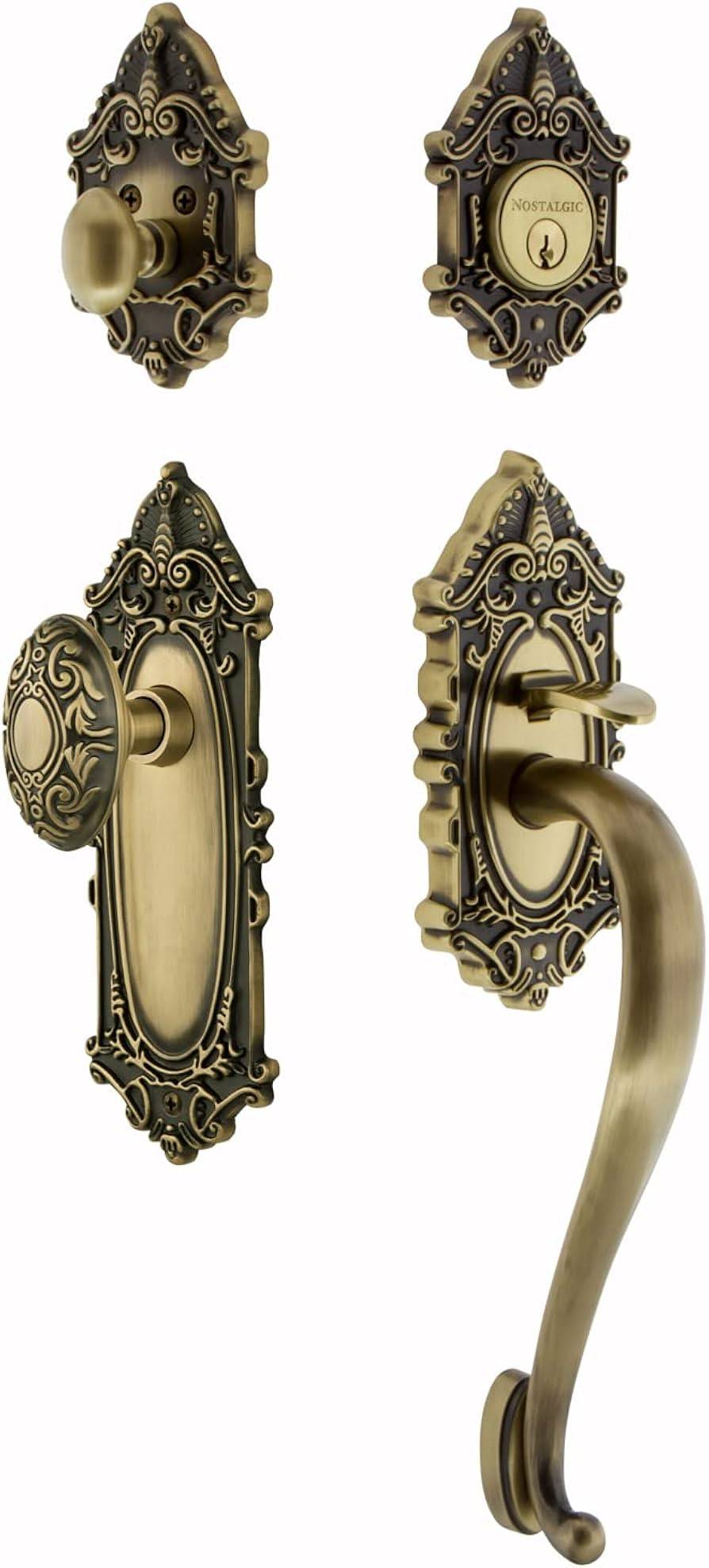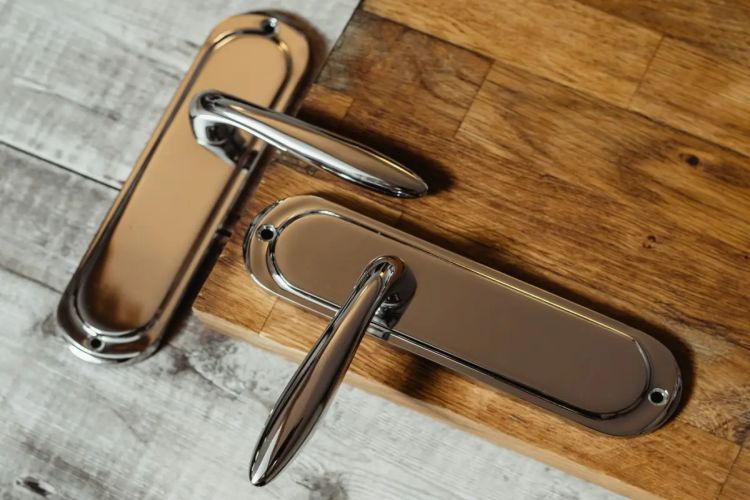Introduction
Your home’s doors do more than provide privacy and security—they help define its character. One of the simplest yet most impactful ways to upgrade that look is by adding decorative door hardware. From elegant handles and knobs to stylish hinges and locks, every piece contributes to your home’s aesthetic and feel.
Whether you’re remodeling or building a new home, choosing the right hardware ensures your doors complement your interior design while remaining practical and durable.
What Is Decorative Door Hardware?
Decorative door hardware refers to the visible components on a door—such as handles, knobs, hinges, escutcheons, and locks—that blend function with design. Unlike standard hardware, decorative options focus equally on beauty and usability, often showcasing unique materials, finishes, and shapes that elevate your space’s overall appeal.
Common types include:
- Lever handles – Ideal for modern designs and easy to operate.
- Knobs – A timeless choice for traditional or vintage interiors.
- Pull handles – Often used for grand entrances and double doors.
- Backplates and roses – Add character and sophistication to plain doors.
 Factors to Consider When Choosing Decorative Door Hardware
Factors to Consider When Choosing Decorative Door Hardware
- Style and Design
The first step is aligning your hardware style with your home’s theme. For instance:
- Modern homes benefit from sleek, minimalist levers or matte black finishes.
- Classic interiors pair beautifully with brass or antique bronze knobs.
- Industrial spaces look best with raw metal or brushed nickel finishes.
A good rule is to match your door hardware to other elements like light fixtures or cabinet pulls for a cohesive appearance.
- Material and Finish
Durability depends heavily on the material. Common choices include:
- Solid brass – Resistant to corrosion and aging, perfect for longevity.
- Stainless steel – Strong and easy to maintain, ideal for high-traffic areas.
- Zinc alloy – Affordable and versatile, suitable for decorative purposes.
When it comes to finishes, consider satin, polished, or matte surfaces. Choose a finish that complements your home’s color palette and doesn’t show fingerprints easily.
- Functionality and Door Type
Different rooms require different hardware functions. For example:
- Entry doors need keyed handles or deadbolts for security.
- Bedroom or bathroom doors can use privacy locks.
- Closet doors often only require passage handles.
Always verify the door’s thickness and latch type before purchasing to ensure proper fit and performance.
- Quality and Brand Reputation
Investing in high-quality hardware saves you from frequent replacements. Look for manufacturers known for durability and design innovation. Reliable brands offer a wide range of decorative door hardware options that balance aesthetic appeal with long-lasting performance.
- Ease of Installation and Maintenance
Choose hardware that’s easy to install or compatible with standard door holes. Some modern sets come with adjustable latches and clear installation guides.
Maintenance is equally important—opt for materials that resist tarnishing and are easy to clean with mild soap and water.
Expert Tip: Match Hardware Across Your Home
Consistency is key. Matching finishes throughout your home creates visual harmony. For example, if you choose brushed nickel handles for the main doors, consider using the same tone on your bathroom and kitchen fixtures.
According to a 2024 Houzz Home Design Trends Study, homeowners prefer uniform finishes across rooms to achieve a polished and cohesive look.
Conclusion
Decorative door hardware might seem like a small detail, but it plays a crucial role in defining your home’s personality. From style and finish to function and quality, each element matters.
By choosing well-crafted options from trusted sources, you ensure both beauty and durability—making your doors not just functional but statement pieces in your living space.

